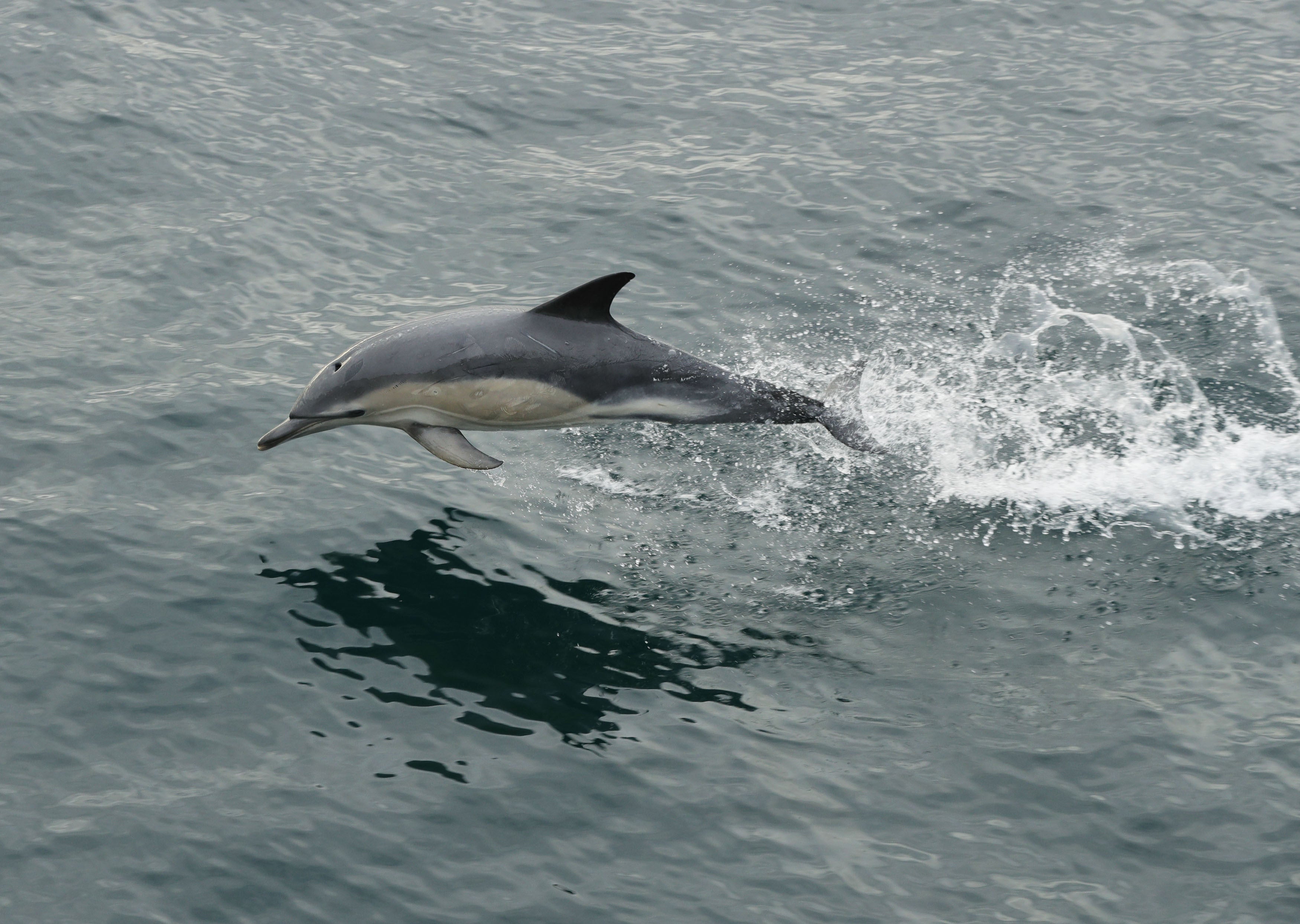Marine mammals in UK at risk due to inconsistent assessments, research finds
Research from Heriot-Watt University experts assessed how differing approaches to environmental assessments impact Britain’s whales and dolphins.

Your support helps us to tell the story
From reproductive rights to climate change to Big Tech, The Independent is on the ground when the story is developing. Whether it's investigating the financials of Elon Musk's pro-Trump PAC or producing our latest documentary, 'The A Word', which shines a light on the American women fighting for reproductive rights, we know how important it is to parse out the facts from the messaging.
At such a critical moment in US history, we need reporters on the ground. Your donation allows us to keep sending journalists to speak to both sides of the story.
The Independent is trusted by Americans across the entire political spectrum. And unlike many other quality news outlets, we choose not to lock Americans out of our reporting and analysis with paywalls. We believe quality journalism should be available to everyone, paid for by those who can afford it.
Your support makes all the difference.Britain’s whale, dolphin and seal populations are being put at risk because of inconsistent approaches to environmental studies, Heriot-Watt University experts have found.
Researchers from the Edinburgh-based university examined 93 cumulative effect assessments conducted by 11 maritime industries from 2009 to 2019.
Industries are obligated to conduct these assessments during the planning process of new projects such as offshore wind farms, fish farms, harbour developments or turbines.
Changes to their habitats can have temporary or permanent effects on these animals, depending on the nature of the activity. In some instances, this could even lead to population-level impacts
The surveys attempt to assess whether the projects will have increasing negative effects on the environment, and the animals within it.
Experts found that some cumulative effect assessments were extremely vague, while others contained extensive scientific detail into the impact on the environment.
Surveys conducted by fish farms, harbour development projects, oil or gas field development and decommissioning scored the lowest and did not show signs of improvement, according to the research.
On the other hand, newer industries like offshore wind farms and tidal and wave energy performed better, while showing improving signs over time.
These differences could be leading to negative conservation impacts on the UK’s maritime animals, according to the university’s Professor Lauren McWhinnie.
She said: “Human activity with UK waters could influence how whales, dolphins, seals and other marine animals use these areas.
“Changes to their habitats can have temporary or permanent effects on these animals, depending on the nature of the activity.
“In some instances, this could even lead to population-level impacts.
“Ideally all marine users would assess their activities based on the same standard.
“This would help safeguard marine mammals and the wider marine environment.
Newer industries like offshore wind farms and tidal and wave energy performed much better and improved over time
“This is just one measure we could put in place to help ensure that further development of our marine space is done so in a sustainable manner, prioritising the conservation of important species like whales and dolphins around our coast.”
Marine animals in the UK include harbour and grey seals, porpoise, seven whale species and six dolphin types.
PhD student Emily Hague said: “We scored the 11 industries over time based on how they are assessing their potential to have cumulative impacts on marine mammals.
“What’s striking is the disparity between these legally-required assessments.
“Some cumulative effect assessments were just a few lines in a report, while others were 50 pages long, including complex and up-to-date and appropriate scientific knowledge and methodology.
“We found that cumulative effect assessments conducted by fish farms, harbour development projects, oil and gas field development and decommissioning scored the lowest.
“According to our criteria, these industries showed no improvement over time.
“Newer industries like offshore wind farms and tidal and wave energy performed much better and improved over time.”